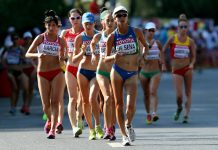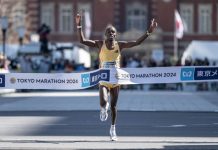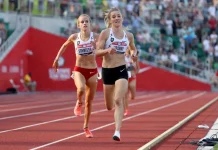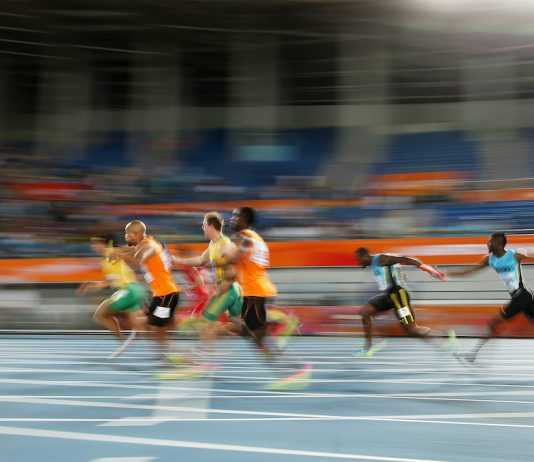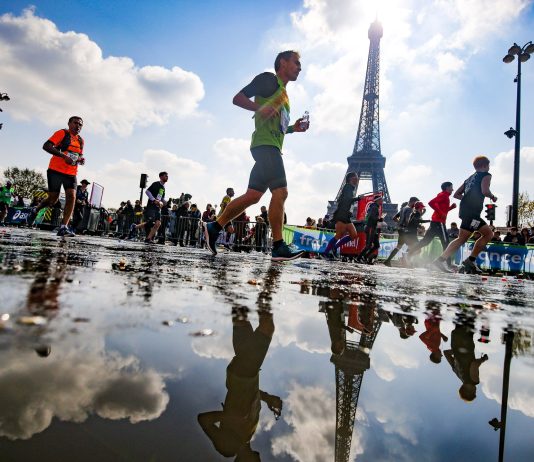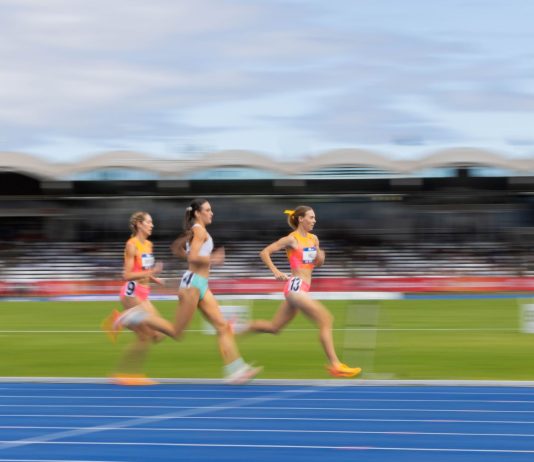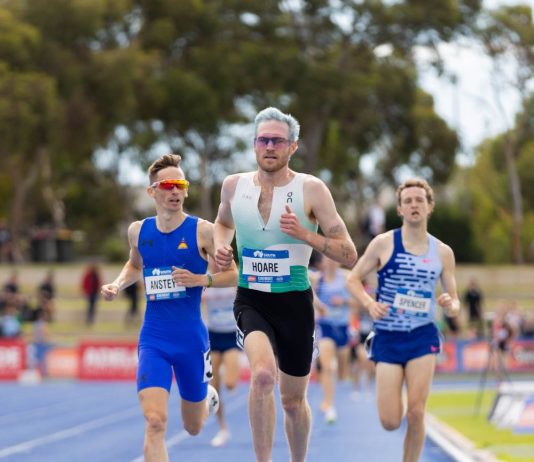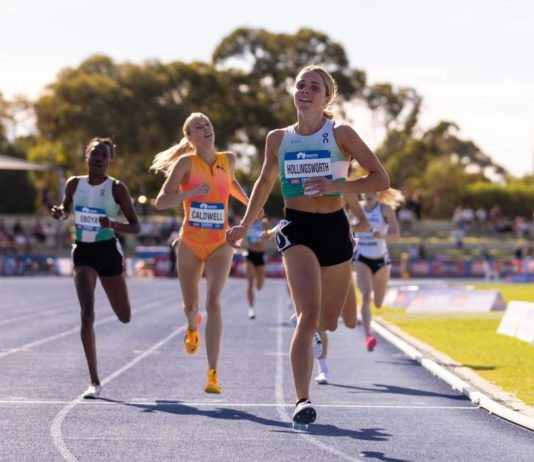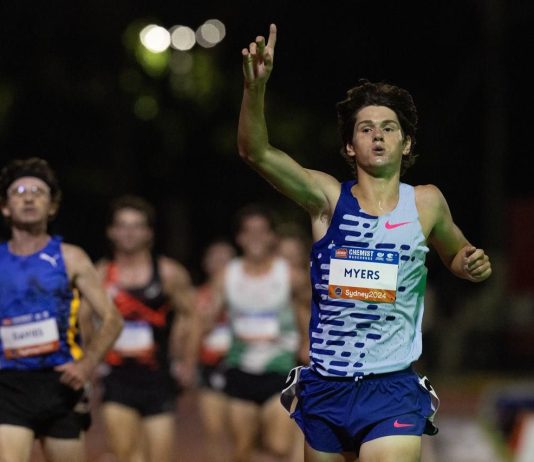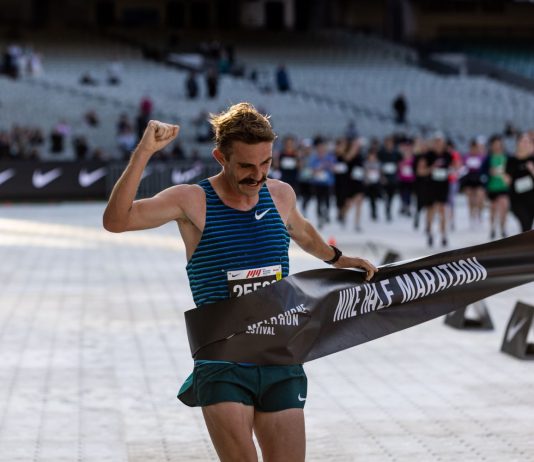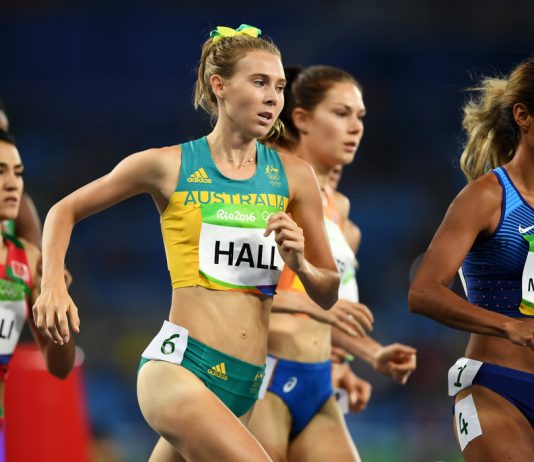When a ‘dq’ is not a ‘dq’ you must be at the world relays : A Column By Len Johnson
Runnerstribe Admin -
The actual running of the relays is exciting enough. Getting the baton around in the 4x100 is always a delicate balance between risk and reward. Push the envelope on the changes at the risk of dropping the baton or overrunning the zone. Then there’s the physical side of the 4x4 as after the first three bends it’s a high-speed battle for the best racing line in what essentially becomes a middle-distance sprint.
Got your pen and notebook ready . . . it’s about time for us to begin : A Column By Len Johnson
Runnerstribe Admin -
The selection window for the Olympic marathons closes this weekend and the Australian selectors can begin weighing the relative merits of the six women and four men from whom they can name three of each to run the Paris 26-miler.
If it gets any clearer . . . soon you’ll be able to see the back of your hand : A Column By Len Johnson
Runnerstribe Admin -
Running in the opening Diamond League meeting of Olympic year in Xiamen somebody named Gudaf Tsegay won in 3:50.30, suggesting the reigning 10,000 metres world champion and 5000 world record holder may also be capable of giving dual Olympic champion Faith Kipyegon – and anyone else who emerges in the interim - a run for her money in Paris.
The men’s 1500 metres was one of the two most anticipated races at the just-concluded national championships in Adelaide (the other, the women’s 800).
Well then. That was something, wasn’t it? All summer the middle-distance events have been the spotlight of Australian athletics and, come the national championships, they delivered again. In spades.
Ultimately, though, one or two exceptions aside, the form held up. After all that churning, the cream rose to the top...
Glory days, well they'll pass you by,
Glory days, in the wink of a young girl's eye,
Glory days, glory days
- Bruce Springsteen
‘The Boss’ had that right, I reckon. The glory days pass you by: rarely do they return.
Which is why the announcement this week of a revamped Melbourne Track Classic...
Newcomers emerge. From nowhere, but suddenly ready. Established performers can find the lure of the Olympics has seduced them into stretching their career just one more year before cruelly abandoning them. Fixed in their four-year cycle – except Tokyo! - the Games timing has a touch of Goldilocks, a year too soon for some, a year too late for others, just right for the medallists.
“It seems crazy,” Kerr responded, comparing the 40,000 to money on offer in other sports and against the appearance fees paid to some of the world indoor gold medallists – Noah Lyles, Grant Holloway and Femke Bol three he name-checked – to compete at other meetings (guess Kerr’s implying it’s less?).
Move on down the carriage, this train’s getting crowded : A column by Len Johnson
Runnerstribe Admin -
The women’s race had barely sunk in – a sub-30 from Ethiopia’s world cross-country silver medallist Tsigie Gebreselama, 30:35.66 from Lauren Ryan in third place, breaking Benita Willis’s Australian record set way back in the 2003 world championships – when eight men came in under 27 minutes in the men’s with another five, including Jack Rayner in another AR 27:09.57, between 27:07 and 27:10.
Clark was a month short of his nineteenth birthday when he led the final of the men’s Olympic 400 metres into the final straight of the Los Angeles Coliseum in 1984. The length of that straight later he had missed an Olympic medal by an agonising four one-hundredths of a second.



